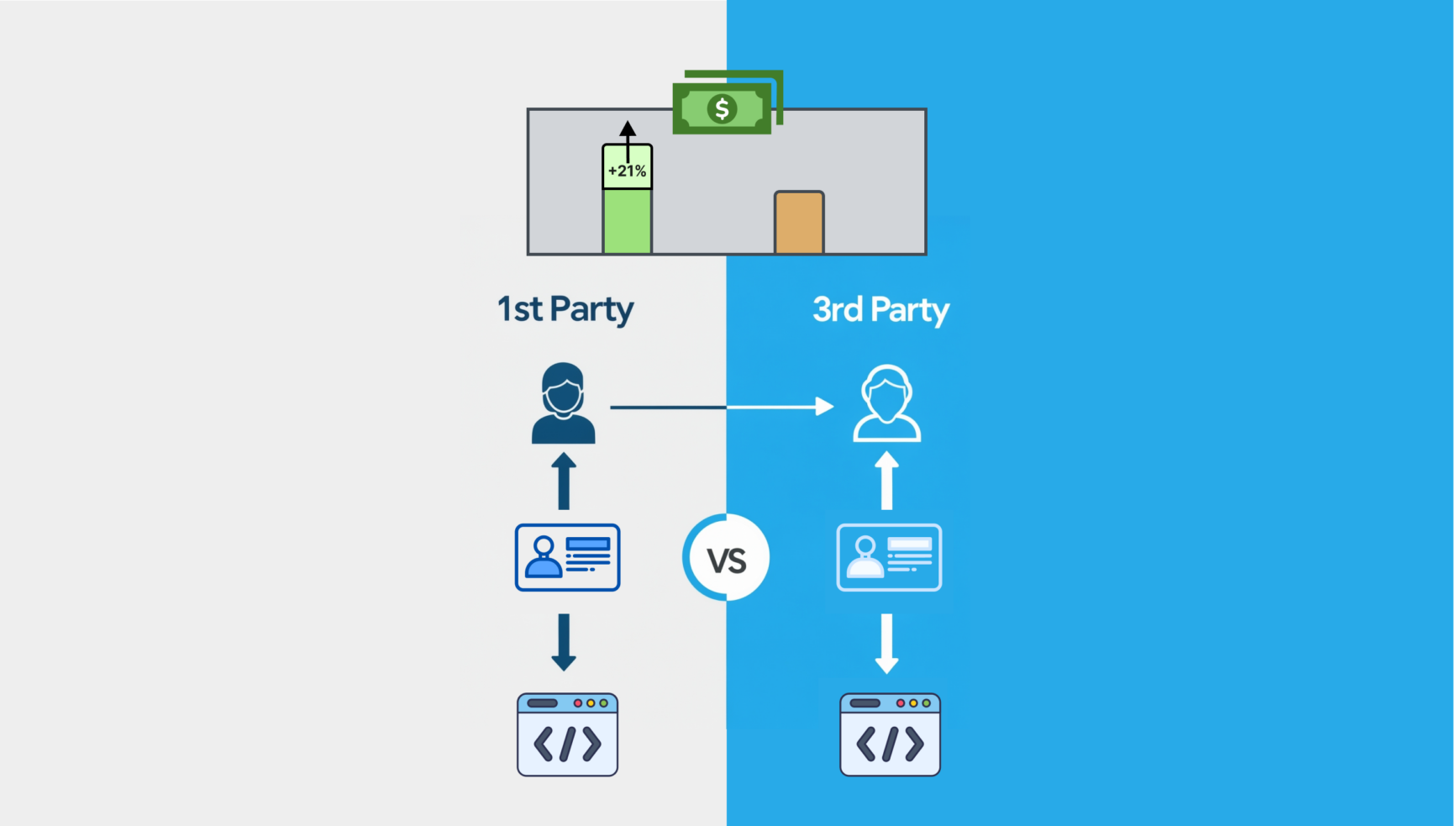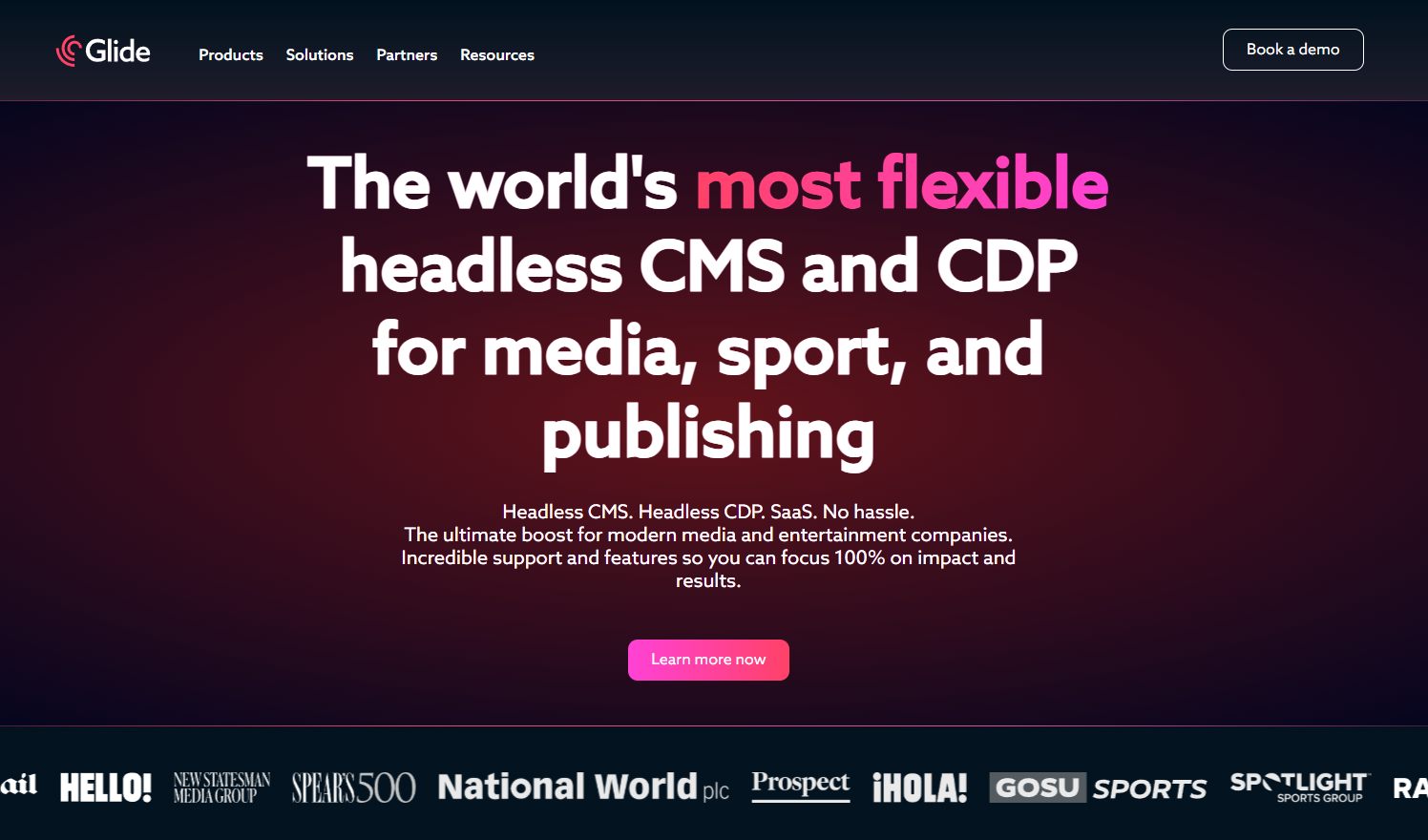The latest salvo in the ongoing tussle between Big Tech and the news media had me shaking my head in wonder this week.
A Meta-commissioned report, released on April 3, has rubbished publisher claims that Meta has disproportionately benefited from the sharing of news stories on Facebook. While the report came from the respected economic consulting firm NERA, the fact that the social media giant stumped up the cash for the research will inevitably raise some eyebrows.
As will how hard NERA came out swinging.
The report’s author Jeffrey Eisenach argued: “There is no economic foundation for news publishers’ contentions that Facebook is a ‘must have’ platform for publishers.”
He added: “The fact that Meta derives little economic value from the sharing of news content on Facebook explains why its willingness to pay for news content is, in most cases, zero.”
Eisenach pointed to such nuggets as:
- The volume of traffic that Facebook drives to publisher sites has likely declined from just 13% in 2019 to an unspecified amount
- News links account for less than 3% of what Facebook’s global audience sees in its feed
- The value of referrals generated by sharing content on Facebook corresponds to just 1-1.5% of publisher revenue.
Eisenach also argued that news publishers have not only voluntarily shared their content on the platform, but they’ve also chosen not to chase other social networks — LinkedIn and Twitter specifically — over the issue of story sharing.
Ultimately, the report argues that Facebook doesn’t have a vested interest in publishing news on its platform and can make more money by copying TikTok in the short-term and realizing its metaverse ambitions in the long term.
What I’ve reeled off above only scratches the surface of what’s contained in the 41-page NERA report and I recommend those interested give it a proper read.
What had me scratching my head is the timing of the report. NERA’s assessment dropped just days after US Senators Amy Klobuchar (D-MN) and John Kennedy (R-LA) reintroduced the Journalism Competition and Preservation Act.
This is the same bill that Meta described as “ill-considered” in December, warning that if it were to pass Congress then the tech giant would be “forced to consider removing news” from its platform.
The legislation would allow news providers to collectively negotiate with Google, Facebook and other social media networks over how news content appears on these platforms. It follows a similar move made by Australian authorities in February 2021.
Content from our partners
While Meta temporarily followed through on a similar threat to remove news from Facebook Australia, it lifted the ban just days later. The question is, would it be willing to go all the way in the US?
If the NERA report is to be believed, there’s absolutely no reason for Meta not to follow through on its threat. There simply isn’t enough money in news to justify the grief. Facebook has certainly been hard at work to reduce the amount of news content that appears on its platform since its failed standoff with the Australian government. The Wall Street Journal reported in July 2022 that Meta was reallocating resources from news towards the creator economy.
Still, there’s more at stake here than just how much money Meta stands to lose. The public outcry over the news ban in Australia was swift and unambiguous and a similar move by Meta in the US could easily be pitched as an assault on free speech, democracy and the fourth estate. Is this a fight Meta really wants? I suspect not, but I’ll be watching events unfold with much interest.










